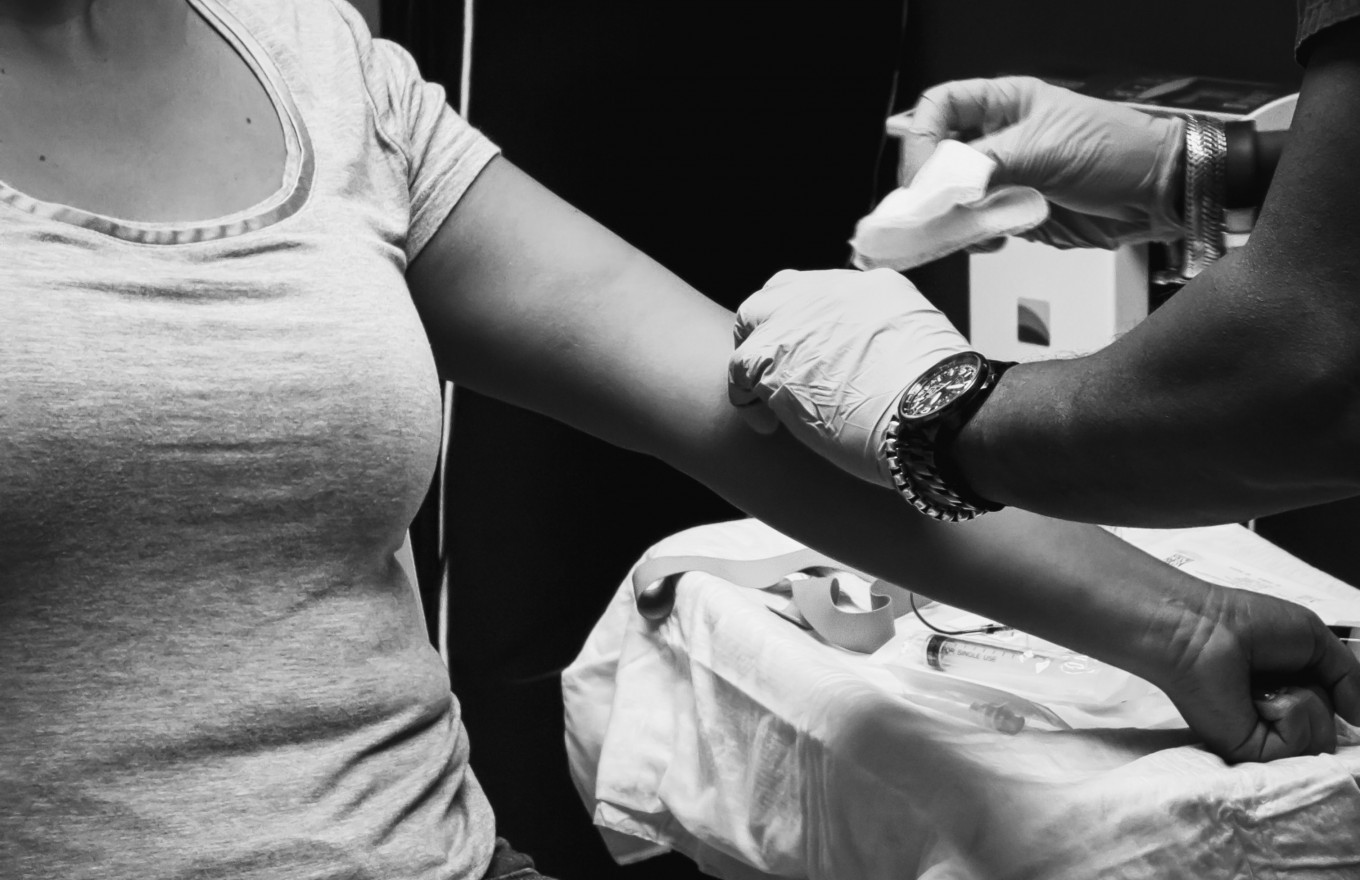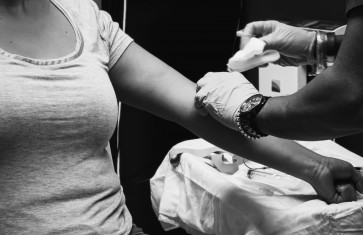Popular Reads
Top Results
Can't find what you're looking for?
View all search resultsPopular Reads
Top Results
Can't find what you're looking for?
View all search resultsHIV support groups stretched thin amid pandemic curbs
As the pandemic sweeps through Indonesia at an alarming rate, mobility restrictions have exacerbated existing problems with HIV care.
Change text size
Gift Premium Articles
to Anyone
I
n the global fight against the human immunodeficiency virus (HIV), grassroots organizations play an important role in ensuring that people living with the condition get sound treatment and a chance at a normal life.
These kinds of support groups already face an uphill battle advocating for people with a virus that still carries a stigma in largely conservative Indonesia.
But as the second wave of the COVID-19 pandemic sweeps through the country, the attendant mobility curbs have exacerbated existing problems of care and have exposed the limits of support groups in helping people with HIV.
A World Health Organization (WHO) report published on Thursday ahead of an AIDS conference in Germany has found that having HIV increases the chances of dying of a COVID-19 infection by 30 percent.
Many countries with high numbers of people living with HIV are facing a surge of coronavirus cases, fueled by the more transmissible Delta variant and global shortages of COVID-19 vaccines.
The government is considering extending mobility curbs to address the ongoing surge of infections, amid a tenfold rise in daily cases over the span of a few weeks.
But beyond the direct threat of the coronavirus for people living with HIV, support systems are beginning to buckle under the pressure of pandemic restrictions.


















